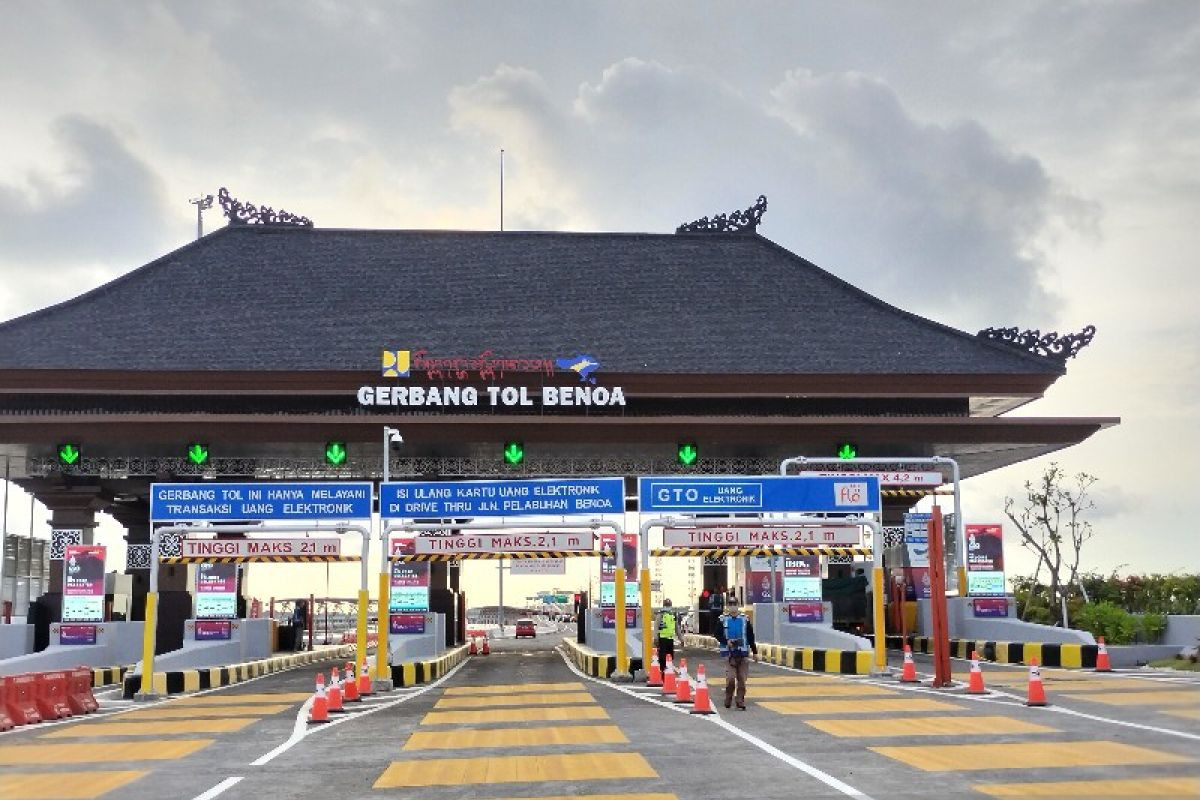Popular Reads
Top Results
Can't find what you're looking for?
View all search resultsPopular Reads
Top Results
Can't find what you're looking for?
View all search resultsWonky WIKA
Signs of trouble at WIKA could be observed as early as 2020, when the company saw its net profit plummet by 92 percent to Rp 185 billion.
Change text size
Gift Premium Articles
to Anyone
T
he tumble that state-owned construction firm Wijaya Karya (WIKA) took this week serves as yet another reminder of the risks facing state-owned enterprises as they strive to realize President Joko “Jokowi” Widodo’s infrastructure ambitions.
WIKA’s crisis has come on the heels of the collapse of another state construction firm, Waskita Karya, which has entered a formal debt restructuring process.
Many would have liked to believe that Waskita’s downfall was a one-off and that WIKA would not head down the same road.
In fact, the State-Owned Enterprises (SOEs) Ministry had assured the public that WIKA was doing okay, that it was in a much better financial state than Waskita. But this proved to be overconfidence.
WIKA missed a deadline on Monday to make a principal repayment on its sukuk (sharia-compliant bonds). The company had proposed postponing the payment in early December but failed to get the approval necessary to avoid default.
This was not the first time WIKA had asked for leeway on its debts. The company had previously managed to convince its creditors to grant an extension.
WIKA’s deep troubles forced the Indonesia Stock Exchange (IDX) to halt trading of its shares on Monday, the same measure taken with Waskita Karya after it failed to meet a bond repayment deadline months earlier. The company is now at risk of being delisted from the IDX.
Investors have the right to doubt WIKA after it posted a Rp 5.88 trillion (US$379.2 million) net loss in the third quarter of 2023. The company’s financial condition had deteriorated significantly throughout the year after it reported a smaller, Rp 59 billion net loss in 2022.
Signs of trouble at WIKA could be observed as early as 2020, when the company saw its net profit plummet by 92 percent to Rp 185 billion. The year before it had booked a profit of Rp 2.28 trillion.
The SOEs Ministry has blamed this nosedive on alleged fraud, either in financial reporting or governance, and a price war among SOEs.
However, like Waskita, WIKA has found itself in an uphill battle to complete government infrastructure projects that were rarely commercially viable to begin with.
Since June, WIKA has been planning to sell at least three toll roads, namely the Manado-Bitung, Balikpapan-Samarinda and Soreang-Pasir Koja toll roads, which were all government-assigned projects.
State-run toll road operator Jasa Marga, which also worked on the Manado-Bitung project, stated in 2022 that the toll road had caused it major losses.
Moreover, the government assigned WIKA to assist in the construction of the Jakarta-Bandung High-Speed Railway, now named “Whoosh”.
As of Sept. 30, WIKA and its Chinese contractor counterparts were seeking Rp 4.6 trillion from KCIC, the Sino-Indonesia consortium responsible for the project, for cost overruns that remained unpaid, according to its financial statement.
The Finance Ministry has acknowledged Whoosh’s impact on WIKA’s financial performance and has earmarked Rp 6 trillion for a state capital injection (PMN) for the company next year.
The government, especially the SOEs Ministry, needs to step up its efforts to restructure WIKA given the firm’s significant financial deterioration.
Deputy SOEs Minister Kartika Wirjoatmodjo’s idea in June of this year to merge debt-laden construction SOEs might give them some financial breathing room, but the government should prioritize reforming how it assigns and pays for infrastructure projects, especially those deemed commercially infeasible.
The government must make it easier for SOEs to sell their assets to maintain financial balance, as many have been racking up new projects despite having lots on their plate.
SOEs are generally reluctant to sell their assets, fearing that if they don’t let them go at a high enough price, they will be accused of corruption or inducing state losses. The government cannot let them take the blame for its own wishful accounting.











